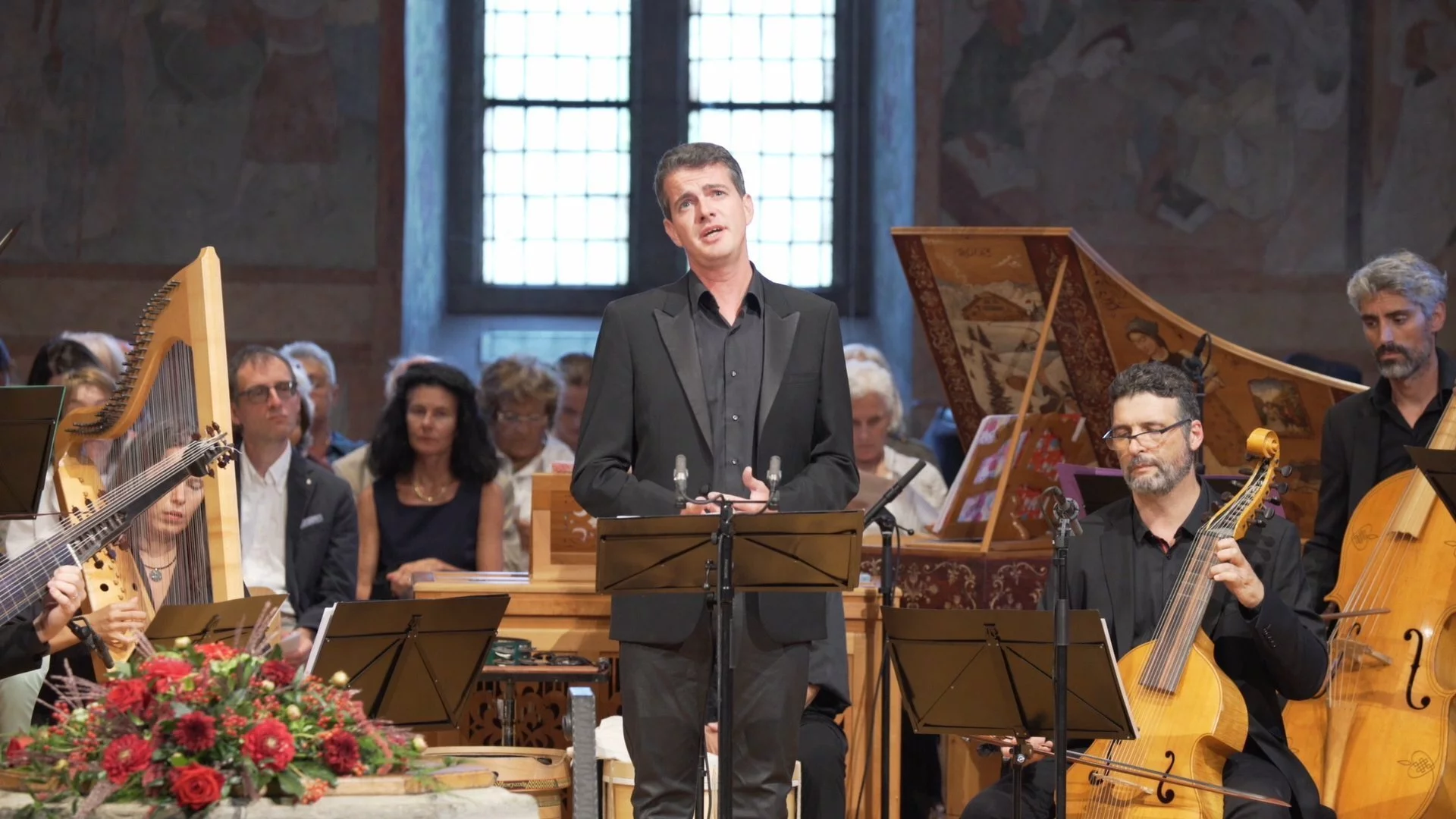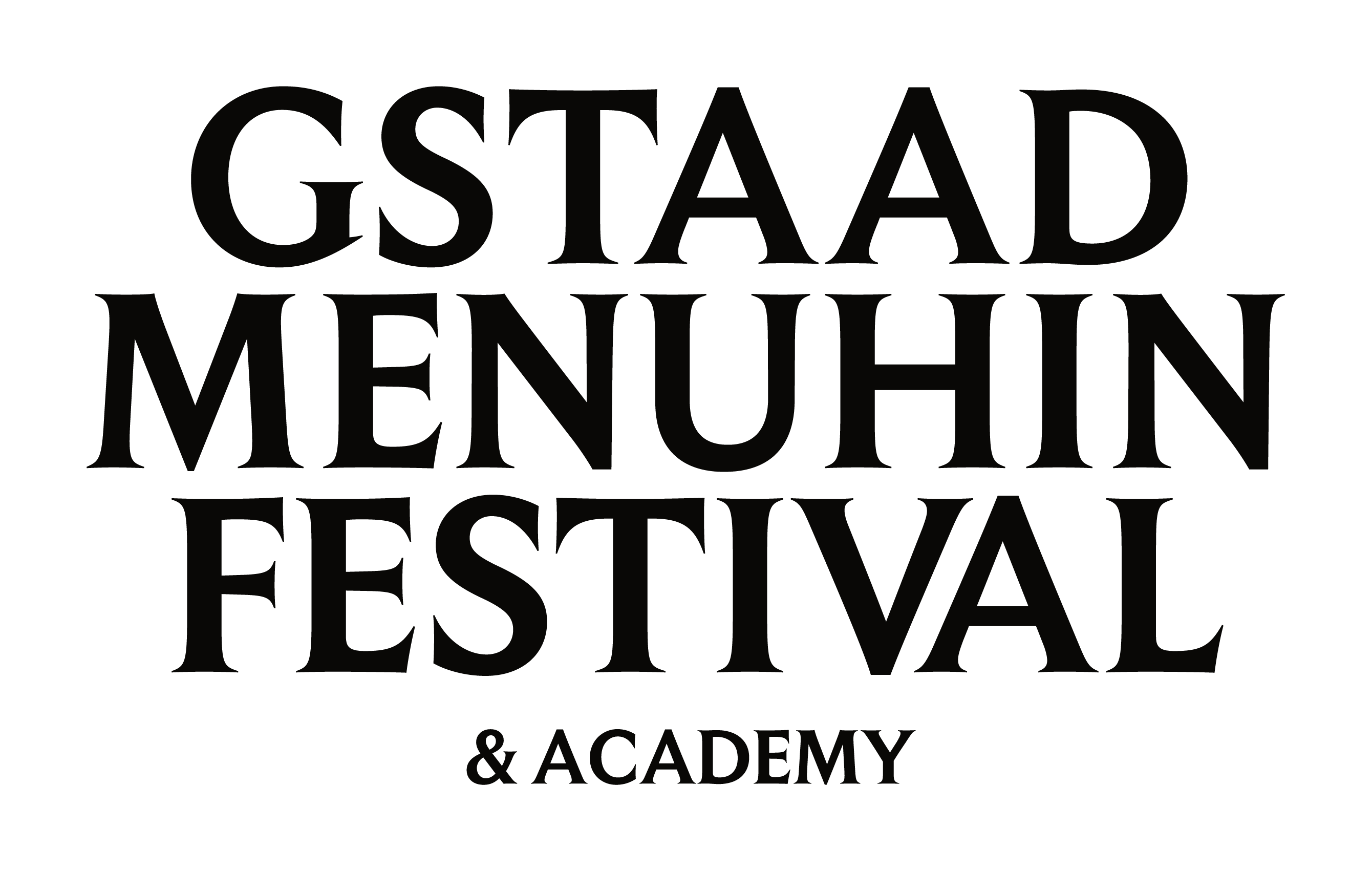Rossi, Cavalli, Steffani
Philippe Jaroussky, countertenor
Ensemble Artaserse
Luigi Rossi (1597–1653), L’Orfeo: Lamento d’Orfeo «Lasciate averno»
Marco Uccellini (1603–1680), Sinfonia quinta a cinque stromenti
Francesco Cavalli (1602–1676), Ormindo: Aria «Che città»
Pietro Antonio Cesti (1623–1669), Il Tito: Lamento di Polemone «Berenice»
Agostino Steffani (1654-1728), Alarico: Aria ciaccona «Gelosia, lasciami in pace»
Philippe Jaroussky’s unique voice
Alongside the Ensemble Artaserse, Philippe Jaroussky presents a programme with expression filled and virtuosic pieces from the great Italian operas of the early 18thcentury. This concert showcases his crystal clear voice and its unique quality. Each of Philippe Jaroussky’s concert is marked by the intermingling of emotion and virtuosity, his voice and expression filled face. Jaroussky‘s repertoire is exceptionally wide: from the Baroque opera and church music and French Songs to the contemporary opera.
Dramatic operas in Venice
In the middle of the 17thcentury Pietro Antonio Cesti enjoys fame amongst musicians like no other. With his pompously composed and orchestrated works he outshines all other Venetian compositions of the time. In contrast to stars like Monteverdi and Cesti, Francesco Cavalli only uses small orchestras in his operas to ensure their adaptation to the small opera houses in Venice. At a later point in time he is invited to present his lyrical talent in Paris. His opera “Ercole d’Amante” is performed in the Louvre on the occasion of king Louis XIV ‘s wedding. His operas contain a dramatical power and a burlesque humor which is typical for the Venetian opera. Philippe Jaroussky is a master of this dramatic music.
From the Renaissance to the Baroque period
Luigi Rossi is a trailblazer for Lully in France and Cesti and Cavalli in Italy. During his lifetime he works for powerful people like the Medici family in Florence, in Rome for Cardinal Barberini and for Pope Urban VIII. On the occasion of his invitation to the French court in 1646, Luigi Rossi creates a sensation. He receives a commission by Cardinal Mazarin for a great Italian opera, and writes his opera Orfeo. This piece is often seen as a turning point from the Renaissance to the Baroque period. Like many Italian musicians in his time Agostino Steffani devotes his life to a German Kurfürst (elector). Steffani enriches the Italian music with elements from the German and French music.



